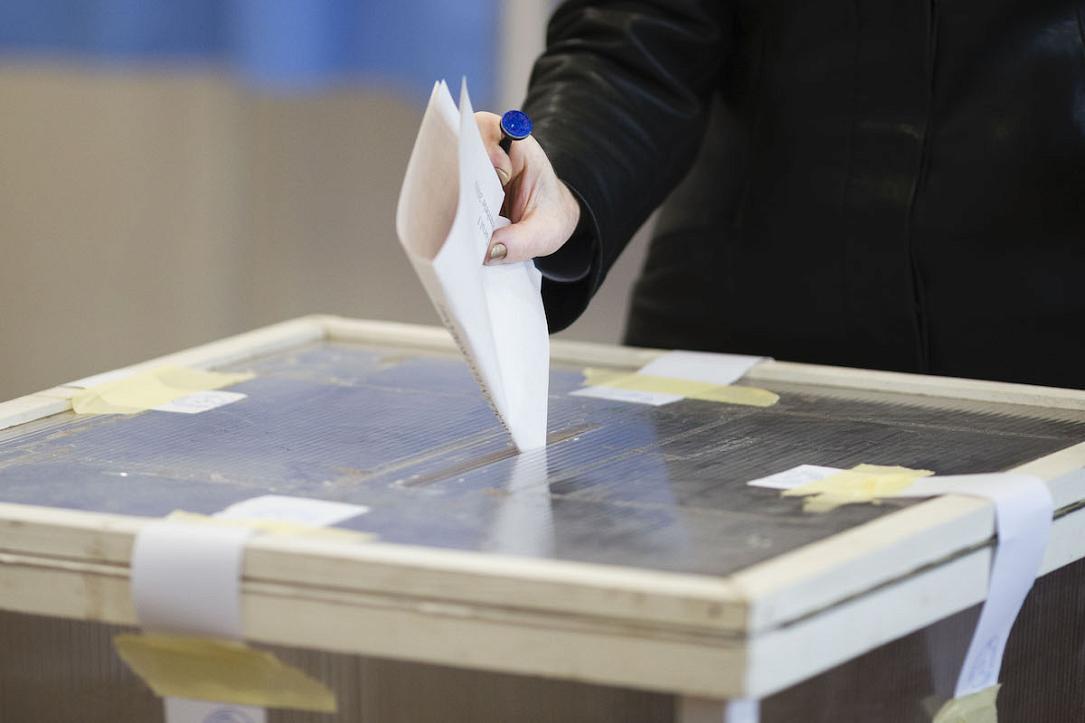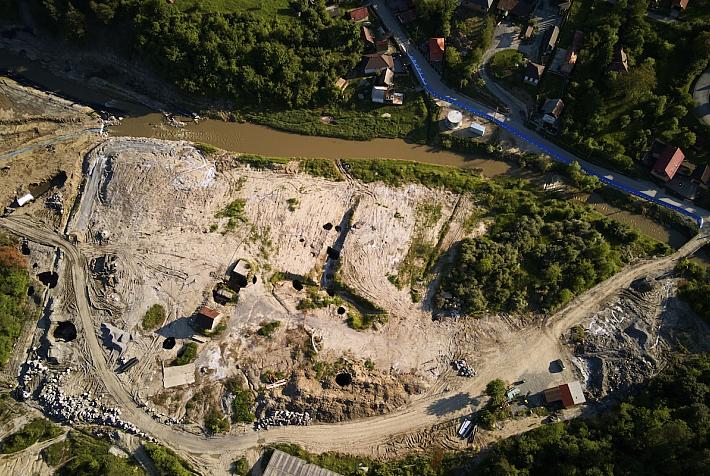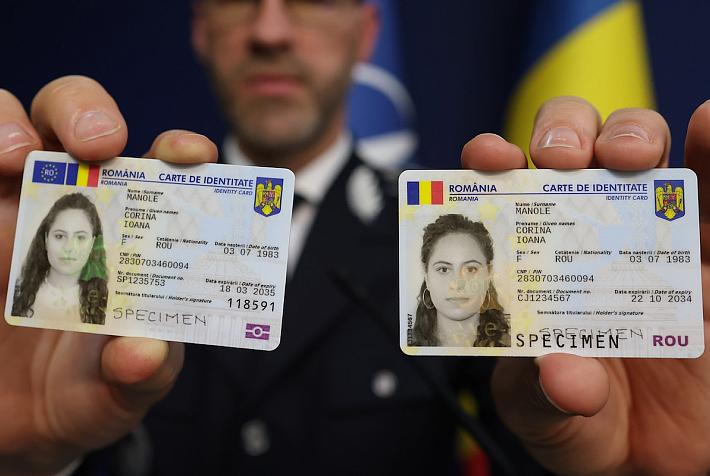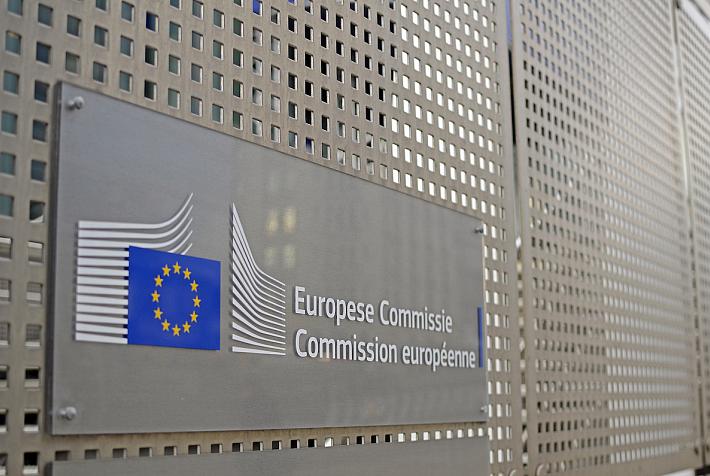INSCOP poll: Far-right party AUR leads voter preferences in Romania, traditional parties lose ground

The far-right Alliance for the Union of Romanians (AUR) holds a commanding lead in voting intentions for parliamentary elections, according to the latest Informat.ro – INSCOP Research barometer conducted between May 26 and 30. Meanwhile, the traditional parties are losing ground.
The data, gathered through 1,150 CATI (computer-assisted telephone interview) responses from a representative sample of the adult Romanian population, shows AUR as the clear frontrunner.
When excluding undecided respondents and focusing on those who expressed a preference for a listed party, 38.1% said they would vote for AUR, followed by the Social Democratic Party (PSD) with 17.4%, the National Liberal Party (PNL) with 16%, and the Save Romania Union (USR) with 12.2%.
When filtered further to include only those who declared they would certainly vote, AUR's support rises slightly to 38.3%. PNL gains second place at 16.6%, followed by PSD at 15.2% and USR at 13.3%. Support for other parties includes Hungarians’ party UDMR (4.7%), the non-parliamentary SENS (4.1%), far-right POT (3.5%), and SOS Romania (1.8%).
In terms of raw totals, which include undecided voters and those not planning to participate, AUR commands 32.2% support, ahead of PSD (14.7%), PNL (13.5%), and USR (10.2%). The remaining parties and independents collectively account for around 11%, while nearly 16% of respondents say they are undecided, will not vote, or refused to answer.
Remus Ștefureac, director of INSCOP Research, noted that the combined voting intention for mainstream parties likely to form a governing coalition, namely PSD, PNL, USR, and UDMR, stands at 50%, while opposition parties hold approximately 44%, and non-parliamentary parties gather 6%. He attributed PSD’s declining trend to repeated electoral setbacks, while PNL’s modest increase may be linked to Ilie Bolojan’s return to party leadership.
Moreover, despite president Nicușor Dan’s growing popularity, USR has yet to capitalize on any perceived association with him, possibly due to the rise of SENS, which now polls at 4%.
According to the same poll, public engagement with the electoral process remains high. On a scale of 1 to 10 measuring certainty to vote, 74.2% of respondents selected 10, indicating firm intent. Only 11.5% chose 1, meaning they were certain not to vote.
The poll has a maximum margin of error of ±2.9% at a 95% confidence level.
irina.marica@romania-insider.com
(Photo source: Inquam Photos/Cornel Putan)













